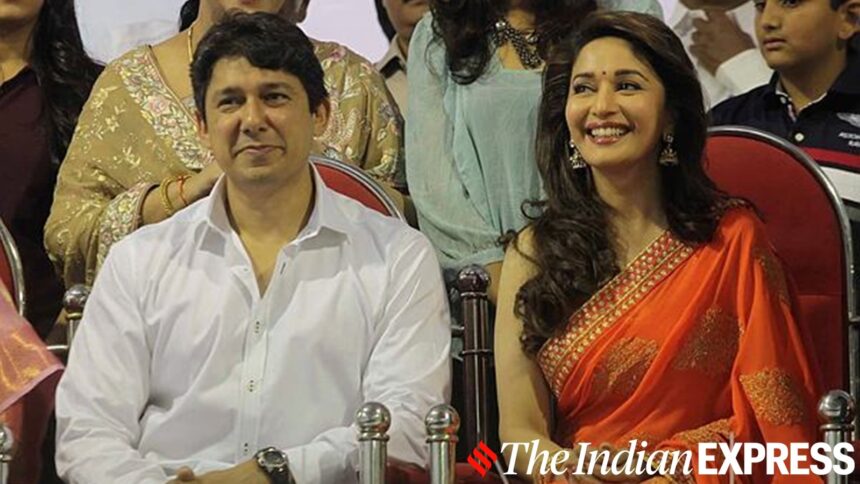Sometimes, even doctors need a wake-up call. That’s exactly what happened to actor Madhuri Dixit’s husband Dr Shriram Nene, a cardiac surgeon and public health advocate, who recently revealed that his own showed worrying results.
Despite his deep knowledge of medicine, he found his own health slipping. The moment prompted him to radically shift his lifestyle — and the impact has been transformative. “People were screaming at me because all my numbers were off,” he said in a video shared on his YouTube channel. “They were like, ‘Doc, what are you doing? You are the healthcare one in the family.’” That’s when he decided to stop drinking, go vegan, and track the impact of these changes not just on himself, but using principles he’d tested on others.
“About 9-10 months ago, I switched it up and , stopped drinking. We went on all kinds of transformations, testing it, and I was my own guinea pig,” he shared. In just a few months, Dr Nene lost 18 kgs and brought his body fat down to 16 percent. His inspiration? His own patients — and even his 86-year-old father. “I had been testing it on hundreds of patients. And it was able to redefine many of the lifestyle diseases. My dad has been a diabetic for 55 years. We were able to take him off medication, turn him around,” he revealed.
Ashlesha Joshi, senior nutritionist at Tone 30 Pilates, tells , “While self-experimentation can offer personal insights, it’s important to remember that even medically trained individuals benefit from collaborative guidance when undergoing major lifestyle changes. Bodies respond differently to dietary shifts, and what works for one person may not be suitable for another.”
Even with medical knowledge, she explains that there’s a risk of overlooking individual nutritional needs, underlying deficiencies, or pre-existing conditions. “Working with a nutritionist or a lifestyle specialist ensures a more balanced approach that factors in long-term sustainability, not just short-term results.”
A well-planned vegan diet can be highly effective in managing, and in some cases improving, conditions like obesity, hypertension, and type 2 diabetes, admits Joshi. The key lies in choosing whole, nutrient-dense plant foods rather than relying on processed vegan alternatives. High-fibre, support blood sugar stability and satiety, which are crucial in managing chronic health issues.
She cautions, “That said, individuals should approach a plant-based transition thoughtfully. Key nutrients like Vitamin B12, iron, calcium, omega-3 fatty acids, and protein must be consciously included, often through fortified foods or supplements. Regular blood work and dietary assessments can help monitor progress and ensure all nutritional bases are covered.”
Ultimately, she mentions that going vegan should not be viewed as a “one-size-fits-all” solution.
Healthy weight loss is typically gradual, Joshi notes, “roughly 0.5 to 1 kg per week is a sustainable benchmark for most individuals.” More rapid weight loss can be safe under expert supervision, but it does raise questions about muscle mass retention, , and mental well-being.
It’s important to track not just weight, but also body composition, energy levels, mood, and nutrient intake. If someone is on a strict regimen, they should ensure it doesn’t become overly rigid.








